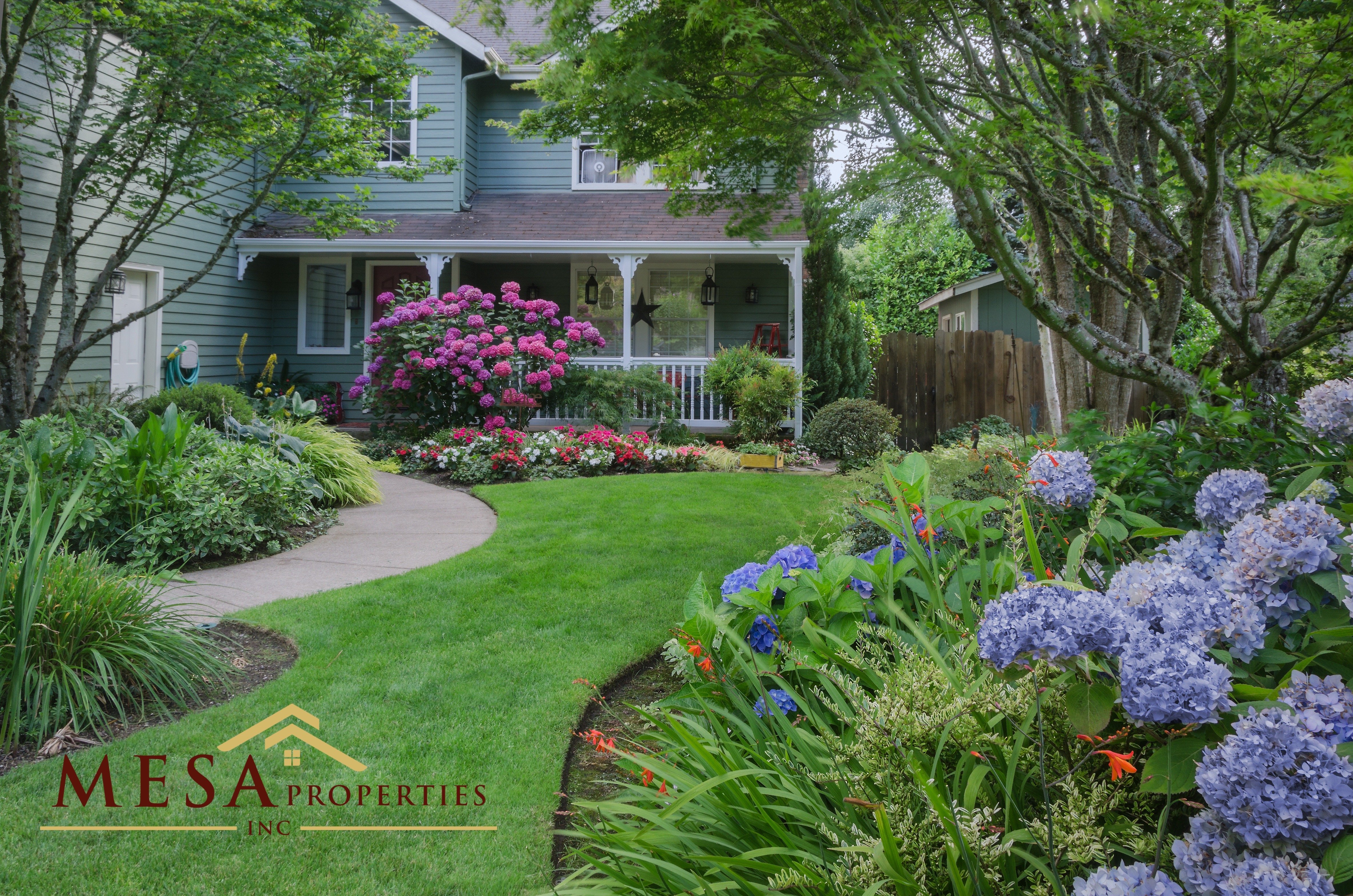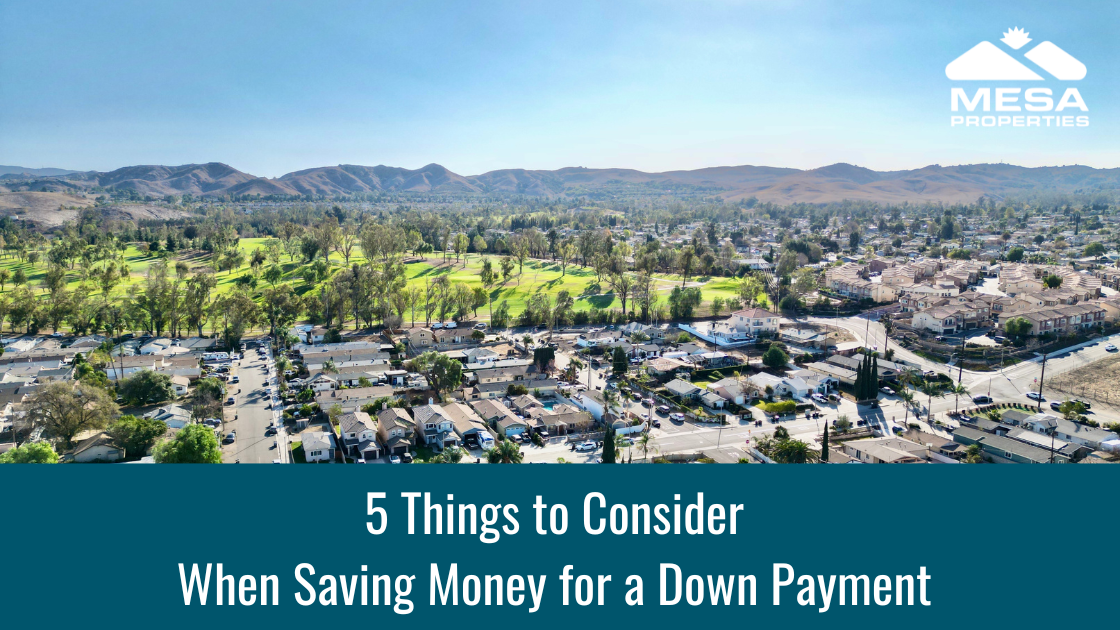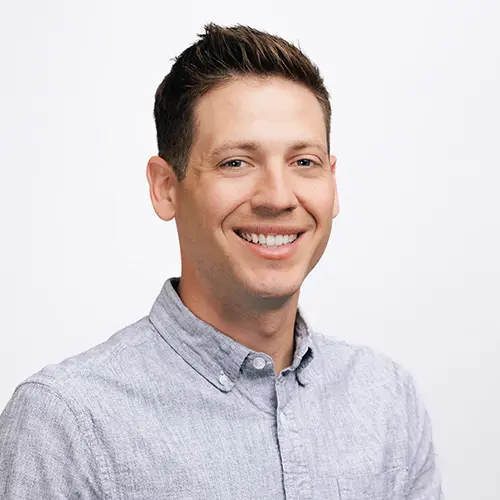Welcome to the post-Great Recession era of home buying!
Prices and interest rates are almost right back up to where they were before the housing crash in 2008, but the standards for you to be able to afford and qualify for a loan are completely different, especially if you are a first time home buyer.
In the pre-Great Recession era, buying a house with little or no money down was extremely easy to do.
And everyone did it.
Then came the housing crash. All of a sudden, everyone was looking around and wondering how all these people with no money were living in expensive houses that they supposedly owned.
These days, it's much harder to get approved for a loan if you clearly don't have the ability to pay it back. Lenders are much more strict with who they will lend to and the income requirements and debt ratio you must have to be considered a strong borrower have also gone up.
So the real question is, how much money do you need to afford a house?
Download our Free Home Buying Guide!
There isn't a set dollar amount to answer this question, but how much you need really depends on the price of the home and what type of loan you qualify for.
Some things to consider when saving up for a down payment:
- How much will closing costs be?
Closing costs are typically between 2 and 5% of the purchase price. So for a $500,000 home, you would pay anywhere from 10-25k in closing costs. - How much, if any, are you going to have to spend on improvements to the home before you move in (rehab, new floor, landscaping or other remodeling)?
Just because you can afford the house doesn't mean you can afford to make it livable. You can usually buy a "fixer upper" for under market value, but make sure you have a good idea as to how much you are going to have to spend to be able to move in and actually live there. - If you're moving from an apartment to a single-family home, how much more furniture or other furnishings are you going to need to buy?
Right now, you might be living in a one bedroom apartment with a small kitchen and living area. If you buy a home that's three times the size with three times the number of bedrooms and bathrooms, you are going to have to buy some new furniture. Or you could just live in a half-furnished house. There's nothing wrong with that, but this question is often overlooked. - Are there any special assessments (referred to as Mello-Roos in California) beyond normal property tax and interest that will make your payments more?
This can really skew your monthly payment calculations. You may be saving up more money so you can put more down and have a lower interest rate and monthly payment. However, if you are only taking normal property tax and interest into account when calculating your monthly payments and you haven't researched whether or not the home is in a special assessment district (SAD), you may find yourself, well, SAD, when you find out how much that can raise your monthly payment. - Are you going to have to get Private Mortgage Insurance (PMI)?
PMI is insurance that you can be required to buy if you don't put down a large down payment. Its designed to protect the lender in the event you default on the loan. This insurance can be costly but is usually not required if you put at least 20% down. It may be worth saving up a little bit longer so you can get that 20% down payment and avoid PMI.

It's also a good idea not to completely drain your savings just to become a homeowner. You don't want to be what's known as "house poor." Sure all of your money is in a house that's hopefully increasing in value, but is it worth it if you're sitting in the dark eating instant ramen to save money so you can afford your payments?
It is still possible to buy a home with no money down. USDA loans and VA loans are both options that you can get if you qualify with a small or no down payment and an FHA loan can be acquired with a 3.5% down payment. Just remember, the lower your down payment, the higher your interest rate, monthly payment and PMI will typically be.
You can use a home affordability calculator for a quick and easy way to figure out a dollar amount you can afford based on your income, existing debts and interest rate. Don't forget all of the above factors that go into determining how much money you really need to afford your dream home!
If you are in the market for a new home we would love to help you out! Here at Mesa Properties, we have licensed agents standing by to help you understand how much home you can afford and ultimately help you find that perfect first home!



